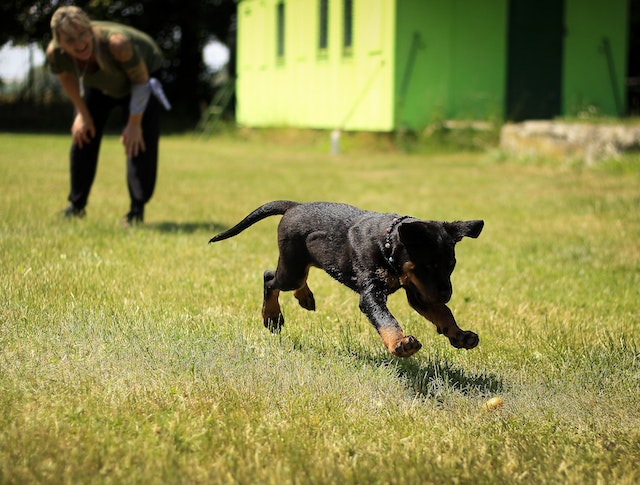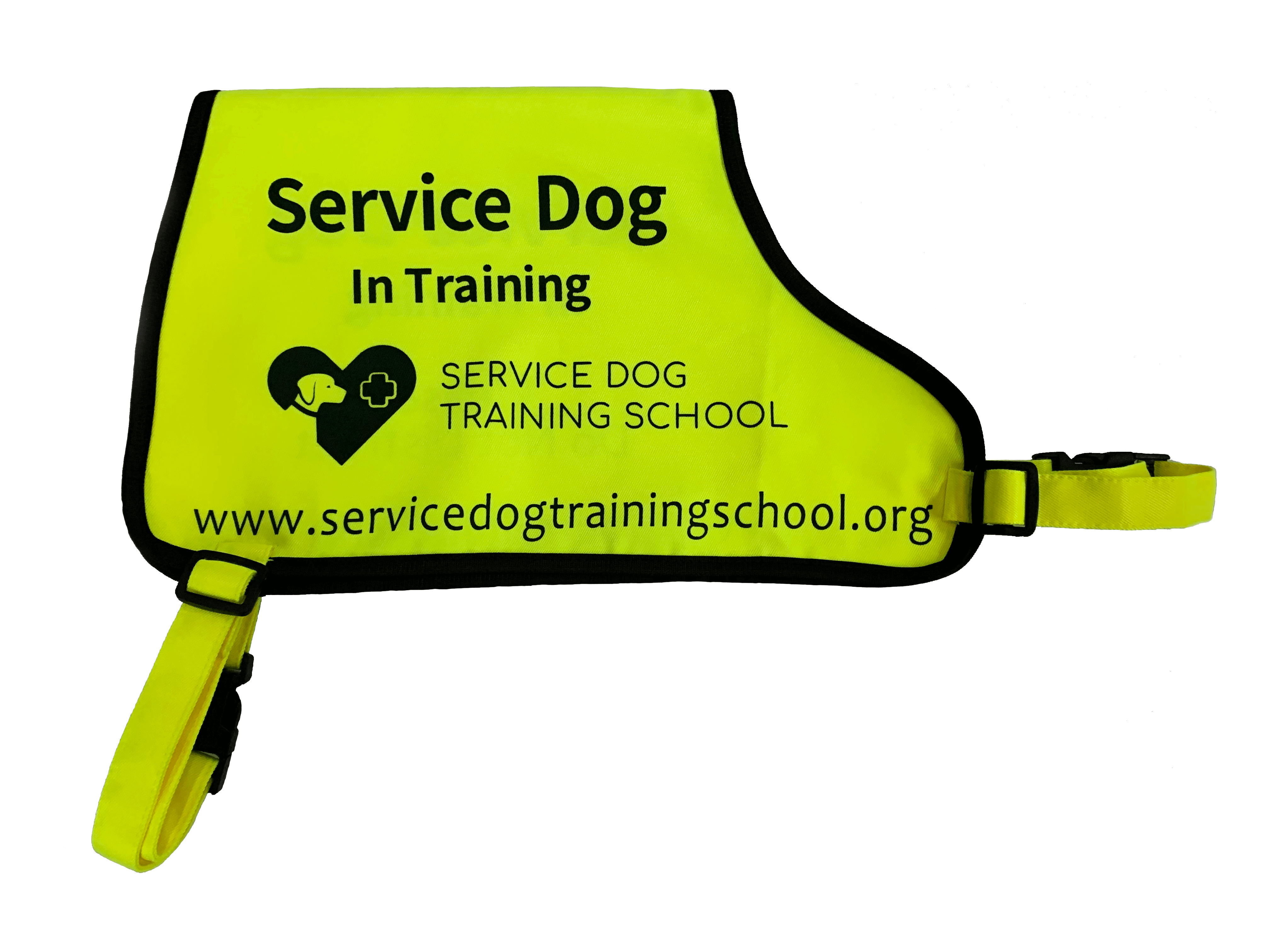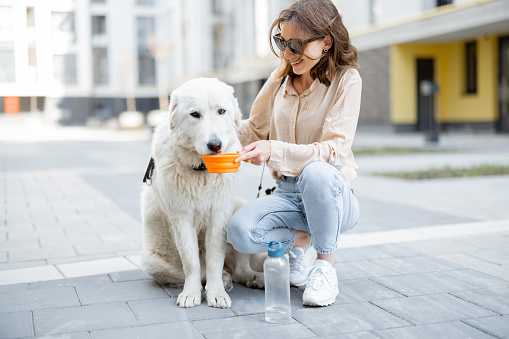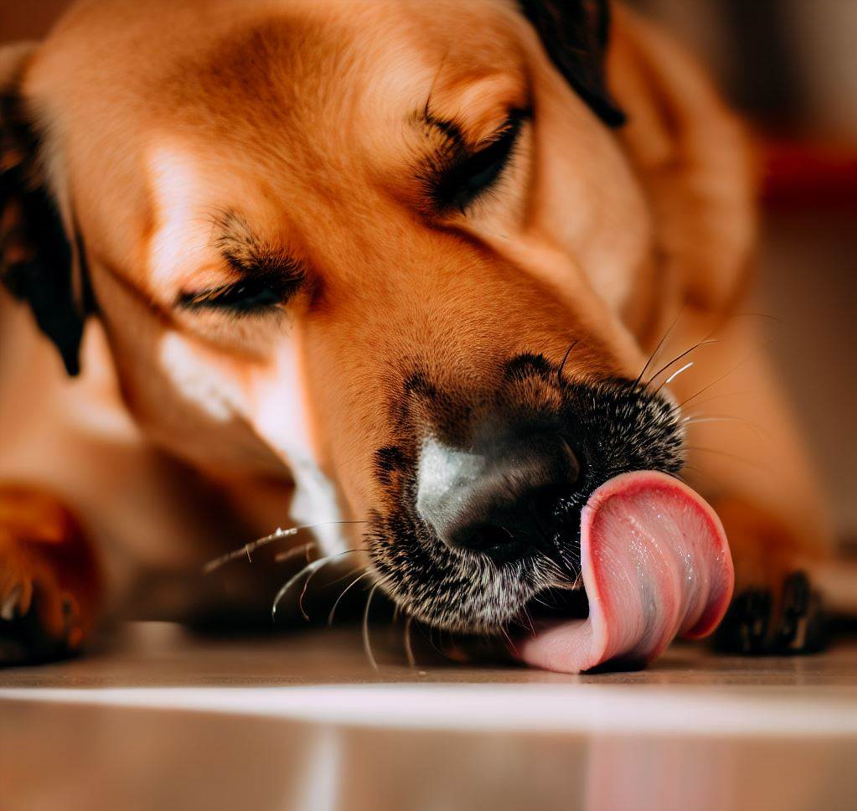
As loving pet parents, we try to keep track of the health and behavior of our dogs, cats...or any other species we have decided to welcome into our family. Knowing the “normal” behavior of our pets helps us recognize any deviations that may occur.
We should not forget of course, that pets, and dogs, in particular, are individuals, who have their unique ways of communicating with their owners. What is considered “standard behavior” for one dog might not be “standard” for another. However, there are always some indicators implying the presence of a potential issue.
Canines often display a tendency of licking surfaces, such as the floor. It is essential to know the reasons for this behavior to determine whether it is normal or not. In this article, we will talk about the possible reasons why your dog is licking the floor, when this is normal and when it is not, and what you can do to address this behavior.
When Is Licking the Floor Considered Normal Behavior?
Dogs have a natural urge to lick things, especially if there is food involved. The floor does not make an exception. In some cases, your paw friend may lick the floor in order to investigate their surroundings. For example, if there is a spill on the floor, your canine may be curious to investigate the area by licking it.
Dogs may also lick the floor to get rid of any food leftovers that may have fallen on the ground. Additionally, dogs may also lick the floor as a way of cleaning themselves after eating or drinking.
So, having said that you may wonder what factors should be present in order for this behavior to be deemed abnormal.
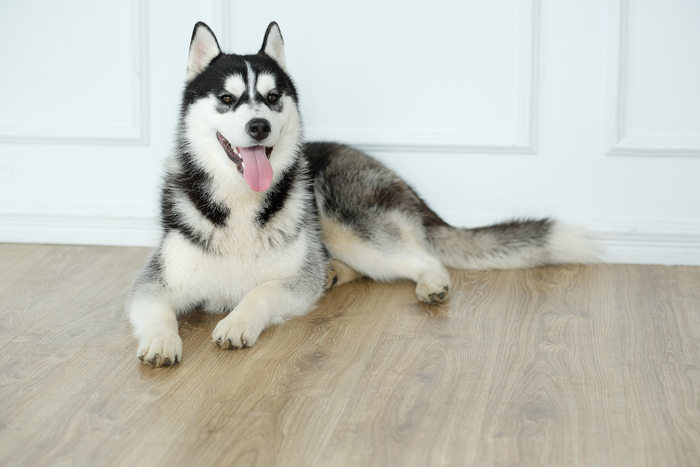
When Is Licking the Floor Abnormal Behavior
There are two factors that play an important role here-frequency and intensity. If you notice that your paw friend tends to regularly and excessively lick the floor, even without food being present, then some issues might be present.
We will list some reasons why your dog may be excessively licking the floor:
Dental Issues
A possible reason for this behavior is a dental problem. Dogs who suffer from dental issues such as cavities, gum disease, or infected teeth may lick the floor as a way to mitigate the discomfort caused by the problem.
If your paw friend is excessively licking the floor you may want to check their mouth and teeth in order to recognize any signs of dental issues such as bad breath, bleeding gums, or gums that have an odd coloration, e.g. too pale. Having difficulty eating, or preferring to chew on one side also indicate the presence of a dental issue.
The best thing to do in this case is to arrange a veterinary appointment as soon as possible.
It is essential for our dogs’ and cats’ health to take care of their dental hygiene. There are tasty dental sticks on the market as well as many kinds of toothpaste, specially designed for our beloved pets.
Gastrointestinal Disorders
Another possible reason for excessive licking as a behavioral issue in dogs is the presence of a gastrointestinal disorder. Dogs dealing with gastrointestinal issues may lick the floor as a way to soothe their stomachs.
Nausea or indigestion may cause your paw friend to lick the floor in order to vomit and clear their stomach. Vomiting and diarrhea are additional signs that indicate the presence of a gastrointestinal disorder. Again, the best to do is to call a veterinarian directly.
Although some breeds might be more predisposed to digestive issues, e.g. the German Shepherd, the Great Dane, the Collie, and the Golden Retriever, your dog’s diet definitely plays a role as well. You should try to keep your paw friend on a healthy, balanced, and nutritional diet, which is suitable for their age, breed, and lifestyle. Occasionally leaving your dog to eat food leftovers from the floor or the table might not be a problem, but it should not become a routine either.
Compulsive Disorders
In some cases, excessive licking behavior in dogs can be a symptom of other types of illnesses such as compulsive disorders. Dogs with compulsive disorders such as obsessive-compulsive disorder (OCD) may also excessively lick the floor. Types of behavior your canine may also exhibit if they are dealing with OCD, are excessively licking their paws and chasing their tail.
If you suspect that your dog may have an underlying disorder, the best to do is to consult your vet. They will recommend proper treatment that may include medication, environmental enrichment, and behavioral modification.
Neurological Disorders
Neurological disorders are not very common, but still, a possible reason why your dog is excessively licking the floor. Such disorders can affect a dog's brain and nervous system, leading to unusual behaviors, including behaviors like excessive licking. Other symptoms of neurological disorders in dogs may include seizures, muscle weakness, and coordination problems.
It is important to consult a veterinarian as soon as possible, so they can accurately diagnose and treat any neurological disorders your dog may have. Treatment may involve medication, physical therapy, or even surgery, depending on the specific condition.
Stress and Anxiety
Let’s talk about other types of health issues that can affect your dog’s emotional state and mental health and cause them to show unwanted behaviors. Just like us, dogs can also deal with anxiety and stress.
If your paw friend’s veterinarian has excluded any underlying health conditions, then you may need to take a closer look at your dog’s environment and any possible factors, that may trigger them. Try to identify them (they can be objects, people, places, sounds, or smells) and remove them. If this is not likely to be possible, then you should try to help your dog change their attitude toward the triggers.
By gradually exposing your canine to stimuli and by starting at a really low level and increasing the intensity step by step, you may be able to desensitize them to these stimuli. Also, you should reward your dog in the presence of the stimuli, so they start associating them with a positive experience.
Please note, that if there are triggers that frighten your dog, pairing them with food might have the opposite effect. If you want to learn more about how food and fear might be connected, then this article might provide you with interesting information: “The Complicated Relation between Food and Fear in Dogs”.
Boredom
What about boredom? Some of you may not perceive it as a cause of a potential problem. It is the opposite though... Dogs who are bored, and are not provided with enough mental and physical stimulation may develop bad habits. This especially applies to dog breeds, whose energy levels are high. If you are considering getting a dog, please take the breed’s energy level and need for exercise and mental stimulation into consideration.
There is no denying, that dogs are individuals, but there are some common traits in most representatives of the same breed. Gathering information about the breed’s characteristics prior to getting a dog, will help you make the right choice.
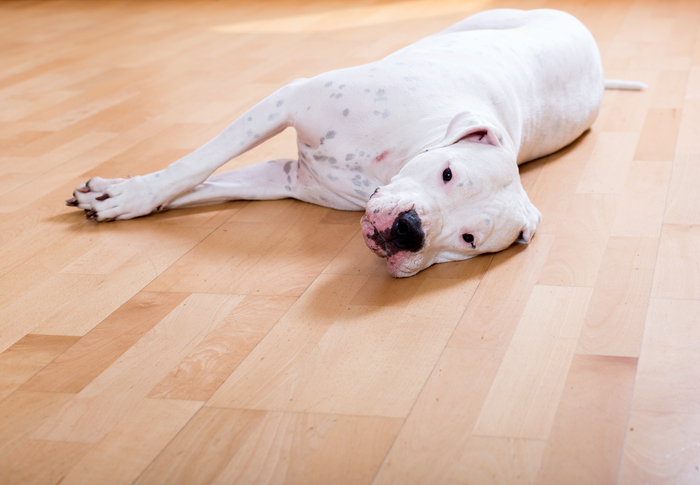
Tips on How to Address Excessive Licking as a Behavioral Issue
Veterinarian Checkups
Regular veterinarian checkups especially when you notice deviations from the standard behavior of your dog, are necessary. Keep your paw friend up-to-date with all vaccinations, let them go through parasite control, and do not neglect the annual checkups.
Be Aware of Your Dog’s Normal Behavior and Surroundings
In order to be able to recognize any changes in your dog’s behavior, you should first know what their standard behavior is. This means that you should know your canine in terms of personality, temperament, what they like or dislike, and what their habits are.
It is also important that you are familiar with your dog’s environment and can make any adjustments to it if needed. Make sure that your paw friend's living environment is safe, comfortable, and loving.
Physical and Mental Stimulation
As explained above, keeping your dog physically and mentally fit is highly recommended, if you want to ensure that your paw family member will lead a healthy and happy life. Take time to play with your dog, walk them, teach them new tricks or tasks, brush them, bathe them, etc. All these activities will strengthen your bond.
Training
Even if you do not plan to turn your paw friend into a service dog or a companion animal, basic obedience training can only benefit them. Your beloved paw family member will learn new tasks and will be more disciplined, motivated, and attuned to you.




